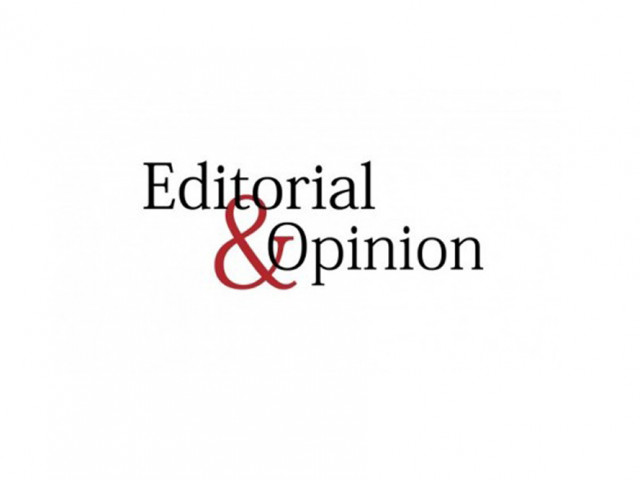Landmark strategic deal
The deal must come as a strategic bulwark against India too

Pakistan and Saudi Arabia added a new dimension to their ties as they inked the "Strategic Mutual Defense Agreement", assuring each other of security shield in case of an aggression. The landmark deal has completely changed the mosaic of the Middle East, making Pakistan emerge as the security-provider in one of the most volatile regions of the world. In the realpolitik sphere, Islamabad has literally replaced Washington as oil-rich Arab states, especially Saudi Arabia, go on to bank on the Islamic Republic's military muscle to safeguard their sovereignty and territorial integrity. The timing and context of the defence deal, coming in the backdrop of the Israeli aggressions over Iran and Qatar, makes it altogether strategic, knitting the five other GCC members too, apart from Saudi Arabia, in military cooperation with the lone Muslim nuclear power in the world.
The agreement, signed in Riyadh between Prime Minister Shehbaz Sharif and Crown Prince Mohammed bin Salman, is discreet on details. It, however, categorically mentions joint deterrence against any aggression as it goes to formally institutionalise the longstanding cooperation between the two countries. Though the deal could be an outcome of years of labour, the element of surprise and ingrained unanimity in it has baffled the world at large. Not much is known whether Pakistan will deploy its armed forces in Saudi Arabia or not, the usage of the term 'strategic' hints at nuclear and missile umbrella coverage to Riyadh, and possibly the GCC states. This not only enhances Pakistan's military profile, but also opens vistas of new defence cooperation with the US as an allied ally and major Non-Nato partner.
The deal must come as a strategic bulwark against India too, and it is high time Delhi and Tel Aviv gave a rethink to their expansionist policies. As Islamabad has no aggressive designs against any state, including India and Israel, this puts to rest conspiracy theories as the deal comes to assure a renewed thaw in the Mideast and beyond. In fact, the agreement should be seen as a cushion for peace and stability, enabling states to settle down bilaterally, resolve the Palestinian conflict and adhere to the UN Charter in all solemnity.















COMMENTS
Comments are moderated and generally will be posted if they are on-topic and not abusive.
For more information, please see our Comments FAQ